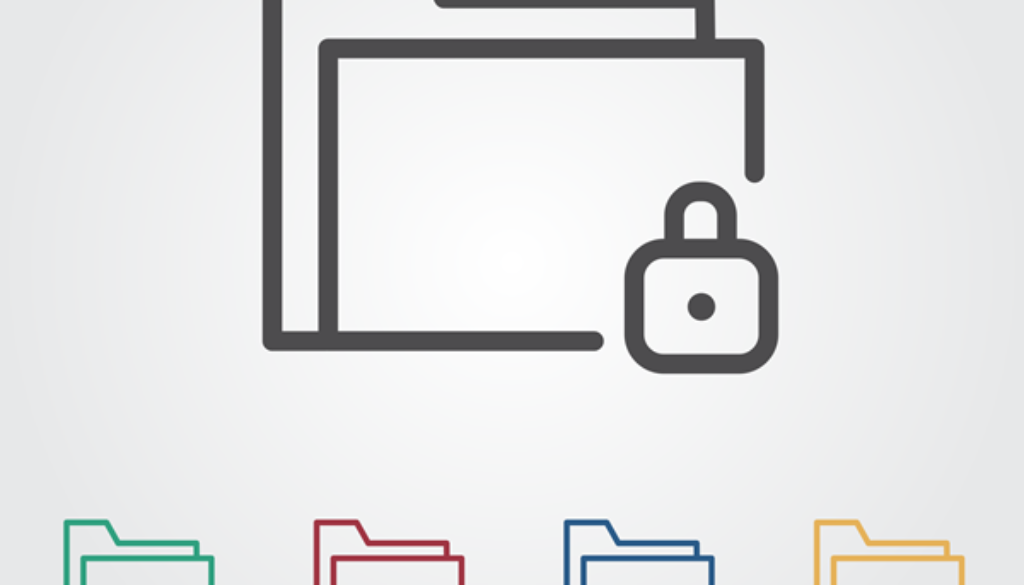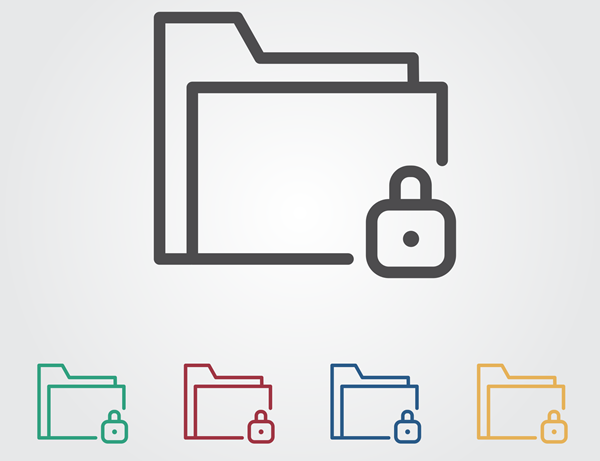Data Security Basics: What Every Business Needs to Know
Data Security Basics: What Every Business Needs to Know
Part 1: Backing Up Your Data
With a number of high-profile data breaches over the past few years, digital security has become a priority for any business that utilizes technology (and in the 21st century, that’s everyone). It could happen to anyone—even the industry leading password manager LastPass, which is in the business of keeping data secure, was hacked in 2015.
Data security also covers less exciting scenarios, such as a computer or server crashing irreparably and erasing your data, a risk every business should be aware of.
Over the next few months, we’ll be covering some of the most important aspects of data security for business to help you learn more about the issues and evaluate how prepared your company is to safeguard its valuable information.
Backing Up Your Data
While we firmly believe an ounce of prevention is worth a pound of cure and that companies should do everything they can to prevent a data breach in the first place, a crucial part of your security strategy should be to ask “what if” questions, such as “what if our data is encrypted for ransom?” or “what if a natural disaster destroys our server?”
Data backups are a fundamental part of data security, protecting you both from malicious attacks and hardware failure.
The biggest issue we’ve seen with backups is compliance—businesses just can’t seem to remember to do it on a regular basis. The best remedy for that is to automate the backup process so that it happens on a regular basis without direct effort from you, or to outsource it to an IT support partner that can ensure it will get done.
When considering which backup technology to go with, businesses have many options to evaluate, from on-site, to off-site and cloud backup solutions. One thing you’ll want to look for is the option for historical backups, which retain the past few backups instead of just the very last one. That way, if you realize you need an old version of a document from 3 months ago or possibly a year ago, you can still get it.
Depending on how much data your business needs to store, utilizing a backup provider that offers multiple historical backups can be a noticeable recurring expense. Nonetheless, for any operating business, data backups are a truly necessary data security policy.
Is your company protected from the potential loss of all this information? In the real world, no business is safe from server crashes, theft, or natural disasters. At BlūLīn IT, our cloud backup solutions protect your company’s servers by creating data redundancy, so that when the worst happens, you can get back to work quickly.
Get in touch with us today to find out more about our backup services.
Categories
Partner with us and become your own IT success story.
Part 1: Backing Up Your Data
With a number of high-profile data breaches over the past few years, digital security has become a priority for any business that utilizes technology (and in the 21st century, that’s everyone). It could happen to anyone—even the industry leading password manager LastPass, which is in the business of keeping data secure, was hacked in 2015.
Data security also covers less exciting scenarios, such as a computer or server crashing irreparably and erasing your data, a risk every business should be aware of.
Over the next few months, we’ll be covering some of the most important aspects of data security for business to help you learn more about the issues and evaluate how prepared your company is to safeguard its valuable information.
Backing Up Your Data
While we firmly believe an ounce of prevention is worth a pound of cure and that companies should do everything they can to prevent a data breach in the first place, a crucial part of your security strategy should be to ask “what if” questions, such as “what if our data is encrypted for ransom?” or “what if a natural disaster destroys our server?”
Data backups are a fundamental part of data security, protecting you both from malicious attacks and hardware failure.
The biggest issue we’ve seen with backups is compliance—businesses just can’t seem to remember to do it on a regular basis. The best remedy for that is to automate the backup process so that it happens on a regular basis without direct effort from you, or to outsource it to an IT support partner that can ensure it will get done.
When considering which backup technology to go with, businesses have many options to evaluate, from on-site, to off-site and cloud backup solutions. One thing you’ll want to look for is the option for historical backups, which retain the past few backups instead of just the very last one. That way, if you realize you need an old version of a document from 3 months ago or possibly a year ago, you can still get it.
Depending on how much data your business needs to store, utilizing a backup provider that offers multiple historical backups can be a noticeable recurring expense. Nonetheless, for any operating business, data backups are a truly necessary data security policy.
Is your company protected from the potential loss of all this information? In the real world, no business is safe from server crashes, theft, or natural disasters. At BlūLīn IT, our cloud backup solutions protect your company’s servers by creating data redundancy, so that when the worst happens, you can get back to work quickly.
Get in touch with us today to find out more about our backup services.


